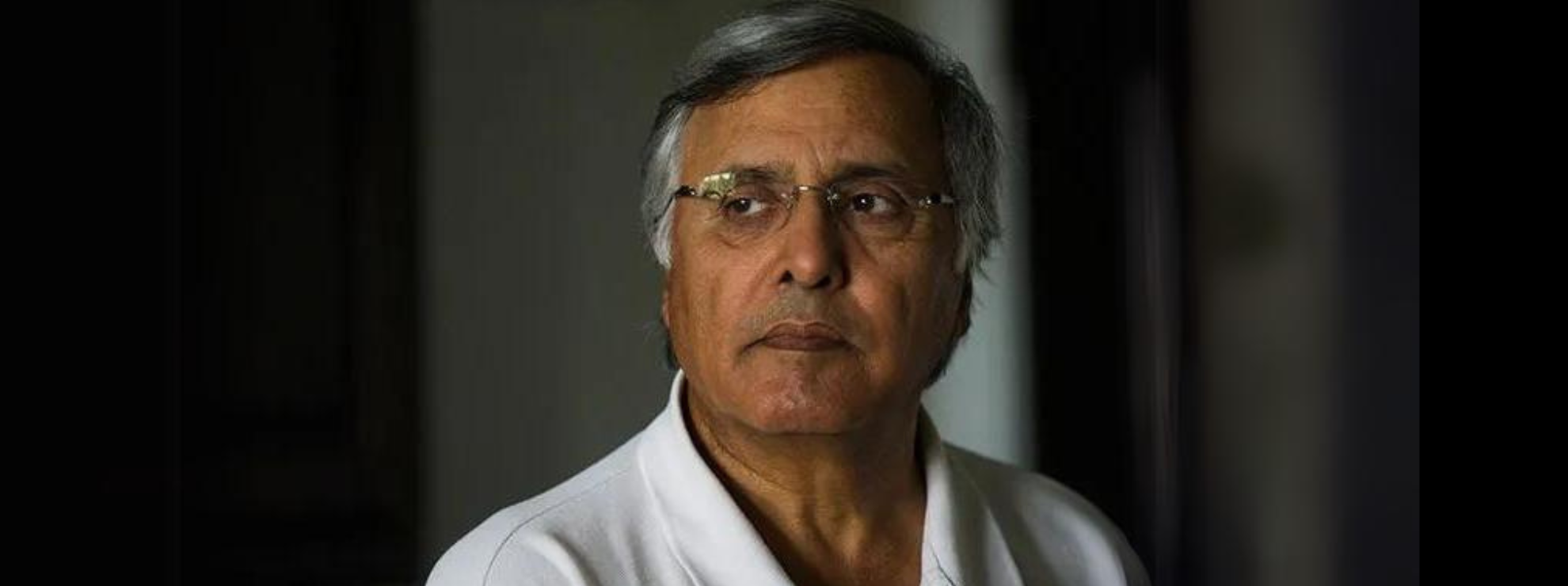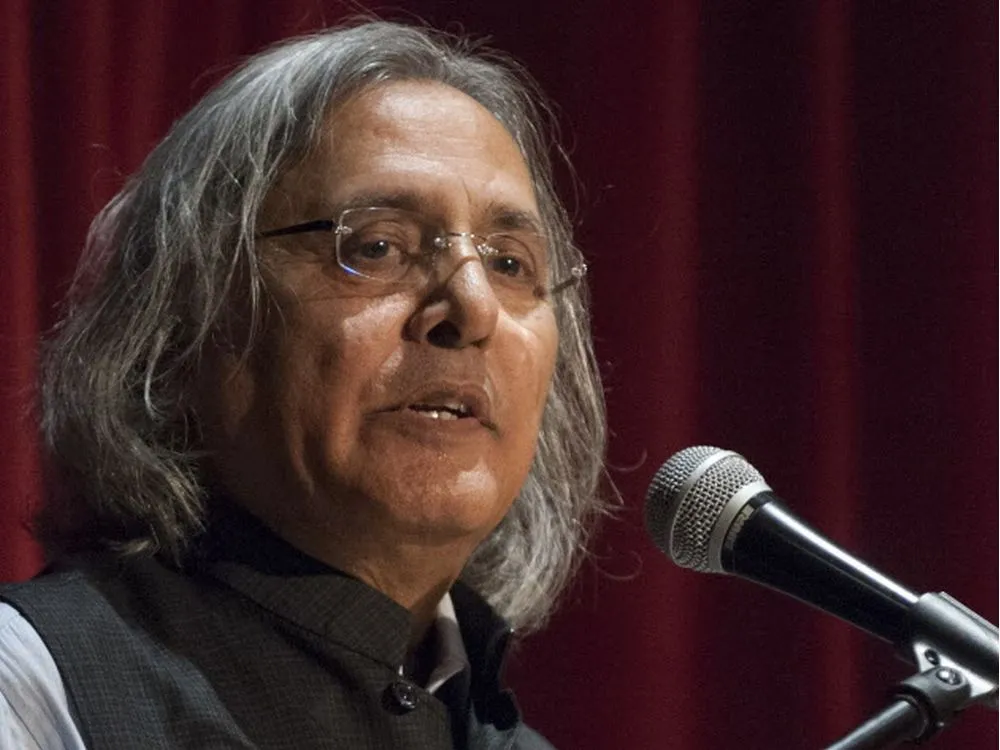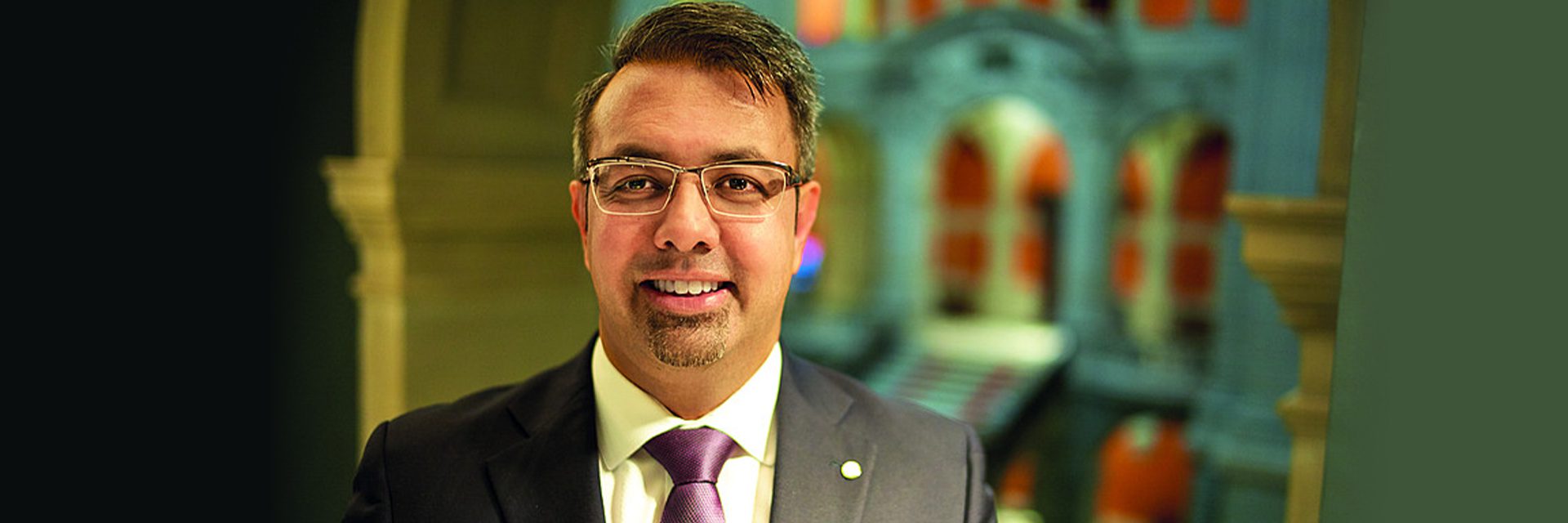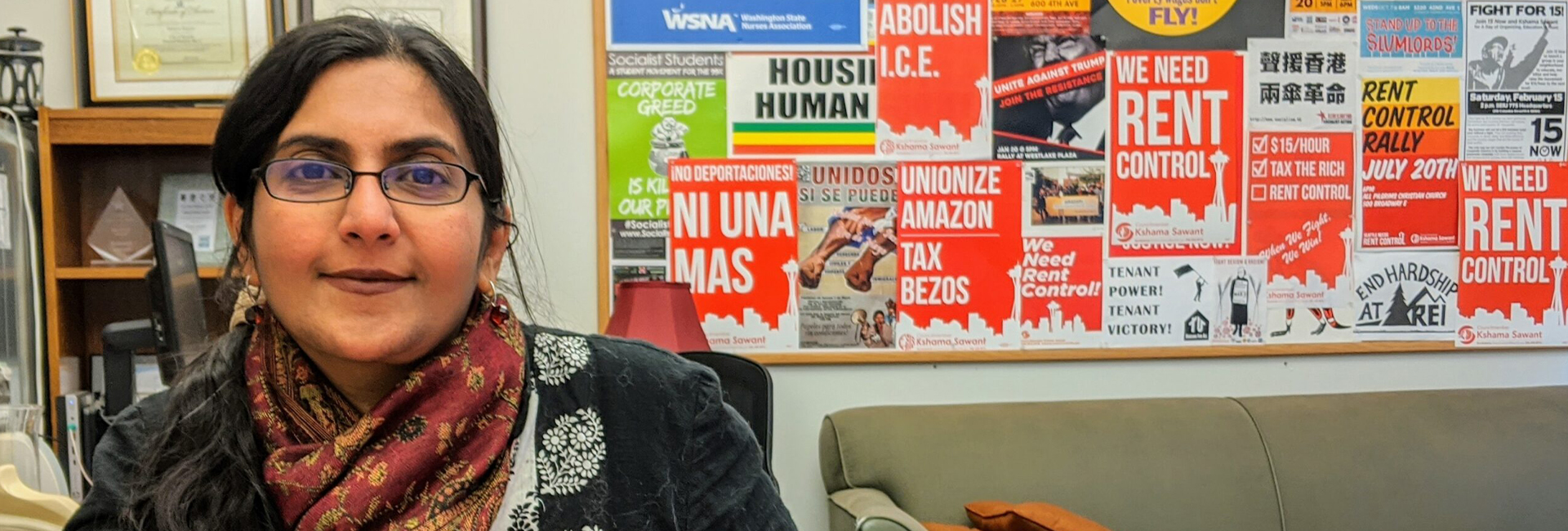(January 28, 2024) A Canadian lawyer and politician, Ujjal Dosanjh is a man of many firsts. He served as the 33rd premier of British Columbia from 2000 to 2001 and as a Liberal Party of Canada member of Parliament from 2004 to 2011. One of the first people of Indian origin to make it to the highest echelon of Canadian politics, he was Minister of Health from 2004 until 2006 apart from being an author.
From Jalandar to Canada, the story of this Global Indian is truly inspirational. Having grown up with politics all around him, it was a natural career choice for Ujjal Dev Dosanjh. After Indian independence, his Nana (maternal grandfather) remained active with the Communist Party of India, while his father was an activist with the Akalis at first and the Congress Party later on, and their respect for the troika of Gandhi, Patel, and Nehru deeply influenced him.
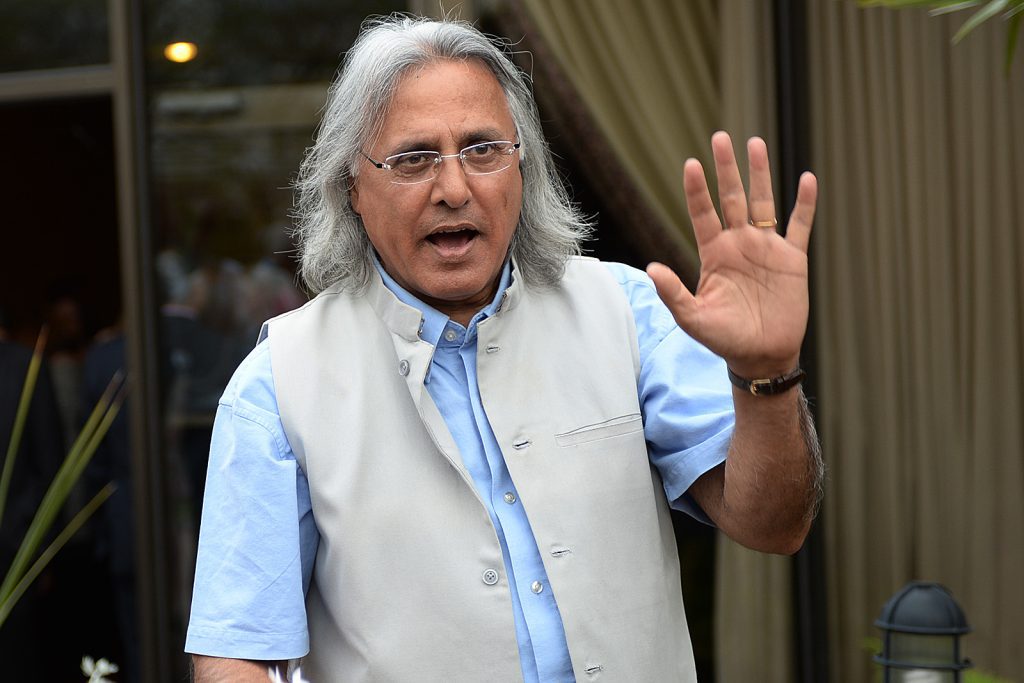
Former premier Ujjal Dosanjh; Photo: Dan Toulgoet
An idyllic childhood
As the second of the four children of a peasant cum school teacher, Ujjal was dispatched to his freedom fighter Nana’s home which shaped his childhood. In an interview with Global Indian he recalls, “In the freedom movement, he actually spent over eight years in the British prisons; during the struggle, he met Nehru and Gandhi in various conferences and jails.”
Going to school on a wooden bullock cart, meeting the freedom fighters of the area, and hearing them read aloud the Communist Party of India-affiliated Punjabi Daily Nawan Zamana, it was a ringside view of a newly independent country.
While his father was preparing Ujjal to pursue medicine, he was interested in the humanities and the goings on in the world of politics, both national and international. The 76-year-old recalls, “I wanted to change course and pursue my education in the humanities at a different college away from the local college at Phagwara, where I was enrolled in pre-engineering, which prompted me to seek permission or a visa to go to Britain behind my father’s back.”
While his father was quite angry once the scheme came to light, he nonetheless borrowed the airfare to send Ujjal to Britain to study, and at the end of 1964 (December 31st of that year, to be exact), he left for England.
The lure of politics
Politics have been a part of Ujjal’s life since his childhood. Whether it was a failed attempt to set up a library in his village in 1960/61 while he was in high school or establishing the Young Indians’ Association in Bedford, England, in 1966/67 to assist immigrants in integrating into the host society, he always worked towards an equitable society.
In Canada, he campaigned for better working conditions and legal rights for farm, janitorial, and domestic workers and spoke out about equality and protections against discrimination based on race, gender and ethnic origin.
After over ten years of activism, a friend from the New Democratic Party (of which he was a member) approached him to seek its nomination to be an MLA candidate. Despite being a relatively impecunious new lawyer and married father of three children, Ujjal decided to run, and the rest is history.
Breaking the mould
There were few politicians of color at the time, and it was a moment of triumph when, after losing in 1979 and 1983, he won the 1991 election. What followed were heady times.
“When I became the Attorney General in 1995, a lawyer friend told me I was perhaps the first non-white Attorney General in the whole of the White Commonwealth—and at the time the position meant I was responsible for the judiciary, the police, corrections, including prisons, and many other responsibilities, including Human rights, multiculturalism, and immigration policy, as well as being the chief legal advisor of the government and the top law enforcement officer of the province,” he recalls.
The first person of color to head a state anywhere in the Western world, he made news as far as the Middle East and, of course, India, where his face was plastered across the media. He nods in agreement and adds, “It was quite obvious to me that British Columbians and Canadians from across the spectrum saw my ascension to premiership as the opening of the doors for greater possibilities for all Canadians.”
Ujjal remains proud of a lifetime of outspoken activism, nine elections, and 18 years of service as an elected politician without a whiff of impropriety or scandal. He says, “In our lifetime, we have witnessed much change, some of which I fought for, such as racial, gender, and LGTBQ equality—which I argued and fought for as premier, minister, and legislator.”
The love for literature
After his retirement from electoral politics, Ujjal began blogging, and soon that transformed into full-fledging writing. In 2016, his autobiography Journey After Midnight was published, while his latest work, The Past is Never Dead, came out in 2023.
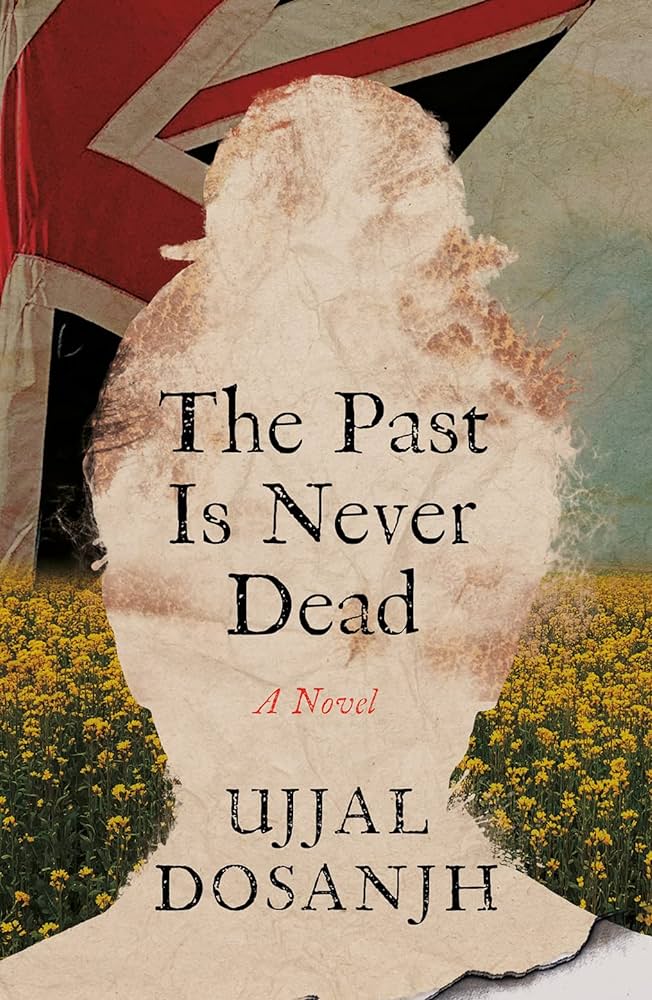
The Past Is Never Dead, by Ujjal Dosanjh, was published in 2023
Both books capture the oeuvre of the author’s journey—relationships, caste, and politics. He smiles, “Human relationships are the stuff of life and literature. I agree with Tolstoy when he argues that human relationships are an endless source of emotion, and I might add that emotions are the endless fount of all relationships. Politics, activism, and electoral engagement have been constants in my life; hence their presence in my writing.”
A life well-lived
Raised in the afterglow of the freedom movement and independence in a family that actively participated in the freedom struggle made Ujjal love people in their uniqueness, specialness, and ordinariness; it also engendered in his heart, love of the basic freedoms of expression and of life without fear.
He states, “Listening to stories of their lives from my grandfather and father inculcated in me the courage for challenging injustice and the desire for bringing about change to make ours an inclusive and otherwise better world.”
Much has changed for Indians going abroad from the 1960s to now. He nods in agreement and adds, “Suffice it to say, when I came to Britain in 1964 and to Canada in 1968—perhaps truer of Canada, the Indian cuisine or its ingredients weren’t readily available; for instance, we made our own pakoras and samosas. Today in Greater Vancouver and Greater Toronto—in Surrey and in Brampton—there are hundreds of Indian restaurants and banquet halls.”
The changes are now evident in other ways, both small and big. The diaspora is now huge, and many young Indians are finding their feet abroad. His advice? “I do have to say something that is different from some other politicians’ in this country, many of whom say, Come here and you can be who you are; I say come, learn, integrate, and change for the better; if you want to be and remain who you already are, why come here?”
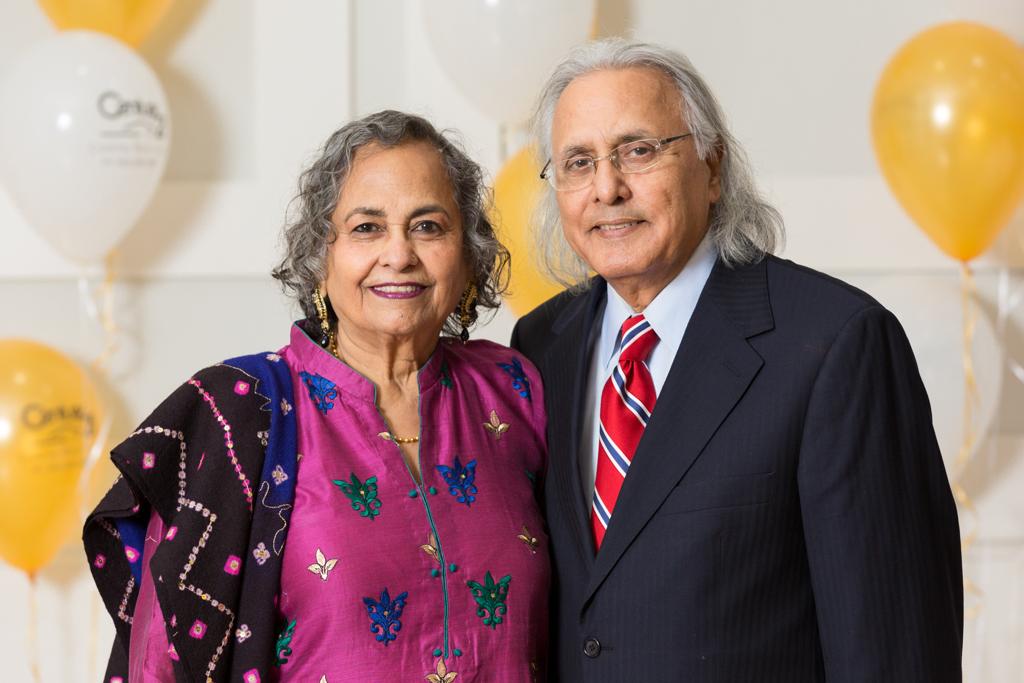
Ujjal Dosanjh and his partner, Rami
While not reading or following politics, Ujjal loves gardening on the slopes in his backyard, weeding, planting, watering, and pruning—and during breaks from gardening, one can find him just sitting outside looking over the greenery behind his home, at the Fraser River, the Vancouver Airport, the ocean, and the islands beyond.
He signs off, “I regularly walk with Rami, my lifelong partner, and our dog Luna at the Fraser River, a couple of kilometers from my home; spend time with my six grandchildren; and, of course, read as much as possible.”
- Follow Ujjal Dosanjh on LinkedIn

